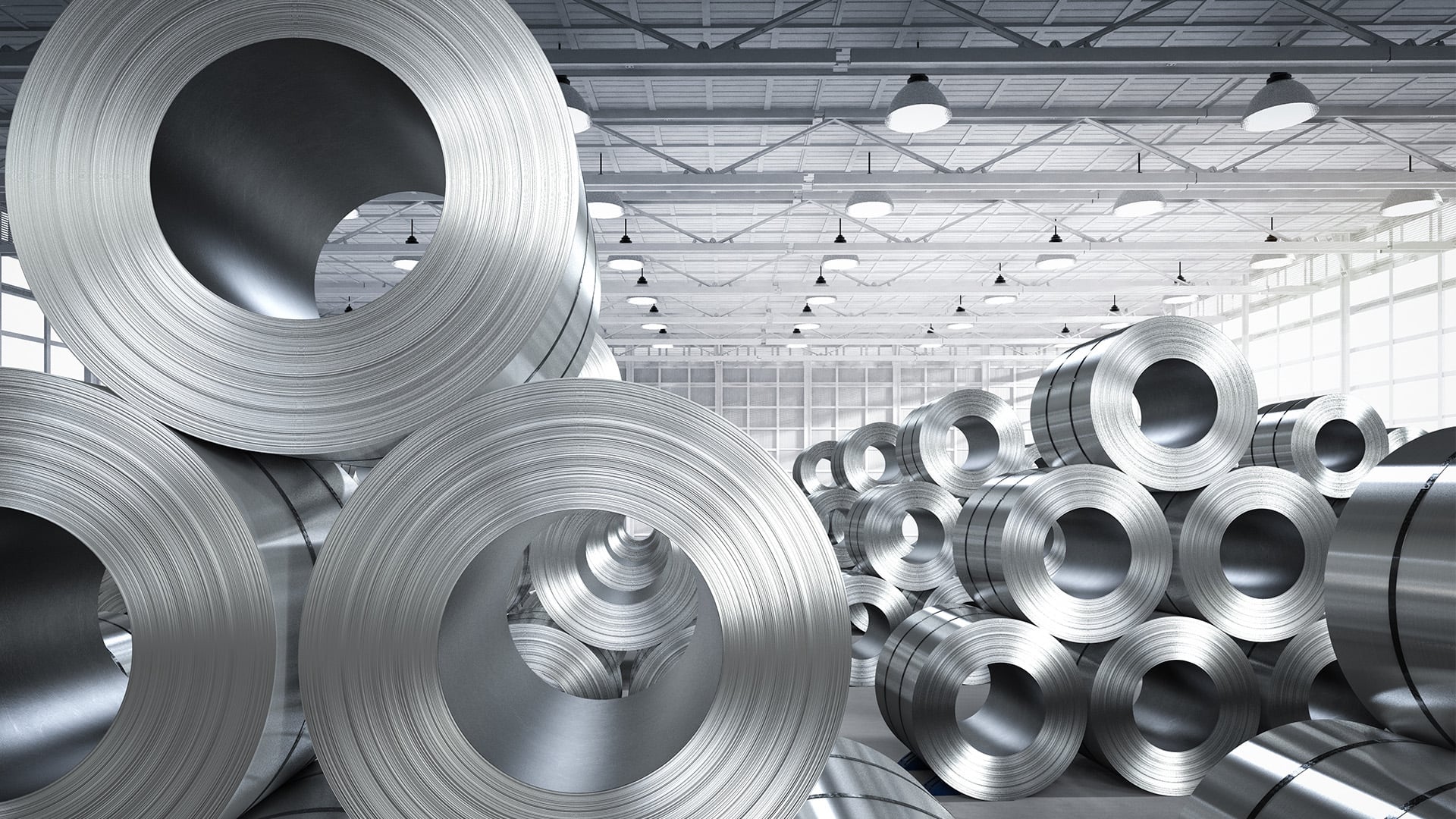1. Corrosion Resistance: Stainless steel is highly resistant to corrosion, but different types of stainless steel may have varying levels of resistance depending on the environment they will be used in. You should choose the type of stainless steel based on environmental factors.
2. Mechanical Strength: Stainless steel is categorized into various grades based on its strength and durability. You should select a steel that meets the strength requirements of your application.
3. Temperature Tolerance: If stainless steel will be exposed to high or low temperatures, its temperature tolerance should be taken into account. Some stainless steels perform better at high temperatures, while others are more resistant to low temperatures.
4. Aesthetic Preferences: Stainless steel is often used for its aesthetic appeal. If design and appearance are important, you should consider factors such as the finish, texture, and appearance of the steel surface.
5. Machinability: Stainless steel is not an easy material to work with. If you need to shape, cut, or weld the steel in a specific way, you should consider its machinability.
6. Cost: Stainless steel can be more expensive than some other materials. Therefore, you should also consider your project's budget when selecting stainless steel.
7. Chemical Compatibility: Stainless steel can be resistant to various chemicals, but you should evaluate its compatibility with the chemicals in the environment it will be used in.
8. Quality Certifications: Stainless steel products have certifications and standards that determine their quality and compliance. By checking quality certifications, you can ensure that the product meets your requirements.
The choice of stainless steel may vary depending on your intended use and project requirements. Therefore, you should carefully assess your needs and select the appropriate type of stainless steel accordingly.
